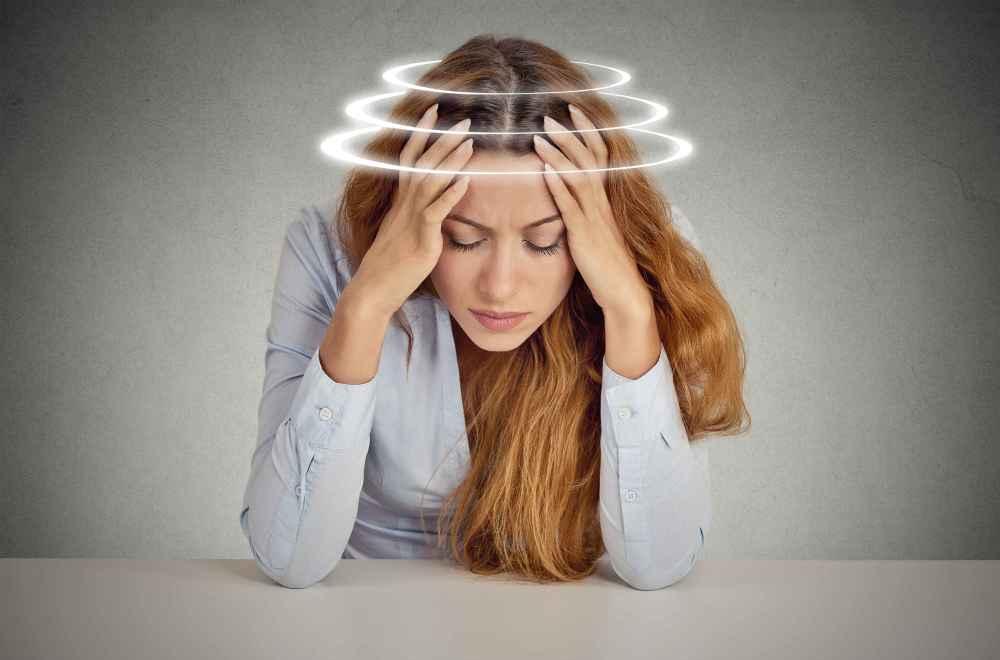Have you ever squatted for too long? When maintaining a squat position for a long time, not only will you feel numbness in your legs and feet, but you will suddenly feel dizzy when you stand up suddenly, and even you can't stand upright and suddenly fall to the ground.
However, this symptom does not last long, and after a few seconds, it will return to normal, just like a hurried visitor.

A casual search on the Internet will find that dizziness after a long squat is related to many diseases, two of which are anemia and low blood pressure. From a scientific point of view, anemia and hypoglycemia may indeed be accompanied by vertigo symptoms, but the vertigo caused by these two diseases is not directly related to the position change itself, but the patient will faint in any case.
Therefore, if the far-fetched relationship between long-term squatting dizziness and blood sugar and anemia is obviously unstable. In clinical view, the real perpetrators behind the squat after a long period of squat are actually the following categories:
1. Orthostatic hypotension
Although blood pressure is involved, it is not a disease, but a physiological response of the human body. When maintaining a long squat position for a long time, the waist and legs are in a tortuous state, and the blood circulation in the lower limbs is hindered.
After suddenly standing up, the originally compressed blood vessels were instantly unblocked, and a large amount of blood began to pour into the lower body.
The blood inside the human body is originally limited, when the blood is violently concentrated in an area, it means that the brain lacks normal blood oxygen supply, and then develops into a transient blood supply to the brain, dizziness, eyes Venus and other symptoms.
However, this symptom only lasts for a few seconds, and then the blood circulation will function normally, and the heart will pump blood into the brain, so you don't need to worry too much;
2. Cerebrovascular disease
In addition to physiological changes, the appearance of dizziness after a long squat may indeed be a potential signal of the emergence of disease.
Especially in people with long-term three-high diseases, even if the disease is well controlled, it may cause damage to arterial blood vessels, resulting in the appearance of atherosclerosis. As the blood vessels that supply blood to the brain harden and the lumen becomes narrower, brain tissue is more likely to be under-supplied.
In this case, after a long period of squatting and standing up suddenly, the brain will be instantly deprived of blood and oxygen, and then the symptoms of dizziness will appear.
In the clinical view, this is very dangerous, vasospasm, cerebral hypoxia, is likely to cause the sudden outbreak of cerebrovascular disease, so it is not recommended that such patients squat for a long time or maintain a posture for a long time;
3. Cervical spondylosis
Many people are wrong about whether cervical spondylosis can only cause neck discomfort. As we all know, there are many types of cervical spondylosis, and there are a large number of nerves and blood vessels around the cervical spine, including two carotid arteries that supply blood to the brain.
If the patient has a herniated or hyperplasia of the cervical shoulder disc and compresses the blood vessels, the patient may have dizziness. Especially when maintaining a squat position for a long time, patients are more likely to have dizziness, and even have temporary dizziness.
All in all, in most cases, dizziness after a long squat is a normal physiological phenomenon, that is, the upright hypotension mentioned above, and everyone does not need to be overly nervous.
However, if it is not only dizziness after a long squat, but also often have symptoms such as dizziness, dizziness and headache, which may be a signal of the arrival of other diseases, and it is necessary to check in time.